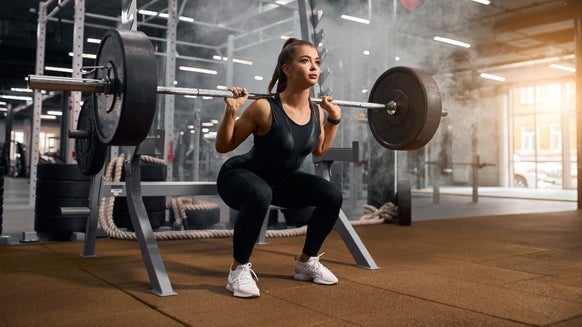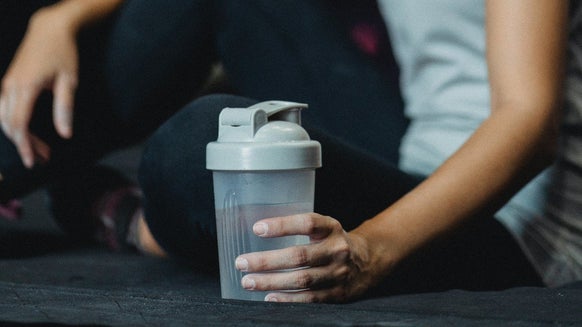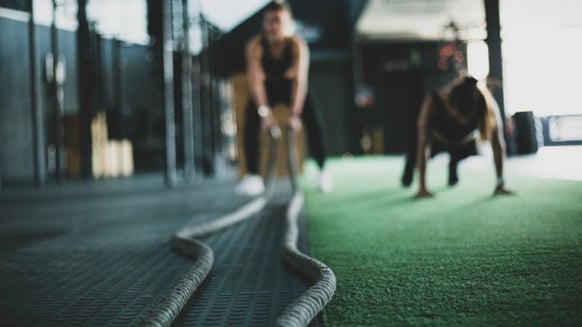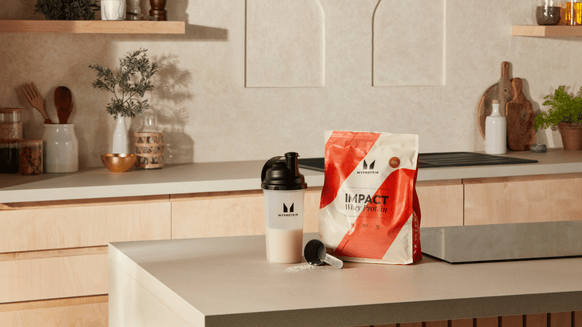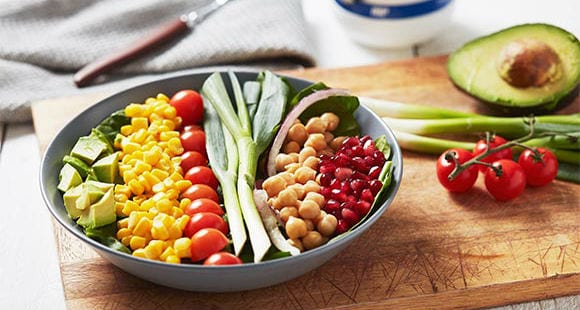 Many people believe that a plant based diet and bodybuilding are mutually exclusive, and that you must eat animals and animal products in order to have a great body.
Many people believe that a plant based diet and bodybuilding are mutually exclusive, and that you must eat animals and animal products in order to have a great body. They’re wrong. If you are a vegan or vegetarian, you do have to know what you’re doing with your diet in order to make gains, and we will go over that in this article, but yes, vegans and vegetarians can make the same, if not better, muscle gains than meat eaters.
So let’s check out the vegan and vegetarian muscle building myths….
Vegan & Vegetarian Muscle Building Myths
Myth #1: Vegans and Vegetarians Cannot Build Muscle
The main reason individuals believe this is simply because of protein intake. People believe that vegans and vegetarian diets are void of protein and simply have no size.
Another problem is that most vegans and vegetarians believe that calories from protein should be less than 10-20%.... Considering that research shows that we need around 0.8 to 1.2 grams of protein per pound of bodyweight to build muscle, I don’t think 10-20% is going do it.
? Get in enough protein, eat in a calorie surplus, focus on progressive overload, and you’ll do just fine.Myth #2: Plant Protein is Inferior to Animal Protein
Research simply shows that plant foods have a complete amino acid profile and plant foods have been shown to be comparable to a meat-based diet when it comes to absorption and nitrogen balance. Another myth is that it’s necessary to “combine” incomplete sources of protein with other proteins, like beans and rice for example. It’s not true that plant proteins are “incomplete” but it is true that some plant proteins aren’t absorbed by the body as well as others. ? For example, hemp protein is just plain awful when it comes to absorption, while pea and rice protein is very well absorbed by the body. ? What does matter is the bioavailability of a protein source when it comes to vegan and vegetarian sources, and some sources are just simply better than others. So as a vegan or vegetarian bodybuilder, you want to ensure that you’re getting enough protein from sources rich in amino acids and sources that are well absorbed by the body.Myth #3: You Don't Get Enough Protein from Vegan and Vegetarian Sources
Just as meat eaters get their protein from meat, vegans and vegetarians have their own ways as well. For vegans, some great sources of protein include beans, lentils, tofu, quinoa, tempeh, nuts and seeds, nutritional yeast, and much more. As for vegetarians, eggs, cheese, greek yogurt, milk, and whey are all great sources, but they can also go with vegan sources. ? Another protein source that should be mentioned here is soy protein. Soy protein has some mixed research on it, and while it is a good source for building muscle, too much can be problematic. Soy protein has been shown to increase estrogen in men, and has also been shown to affect male hormone levels, especially with lower sperm count and lowered testosterone levels. ? On the other hand, reviews and other research has shown that soy is entirely safe and doesn’t affect men at all. So far on soy research, we simply don’t know, probably because soy can affect people differently. ? As for women, soy has been shown to be more safe and less likely to affect hormone levels. In my personal opinion, I think soy should be consumed in moderation, and having 30-40 grams of soy protein a day shouldn’t affect anything.The Bottom Line
You can build muscle as a vegan or vegetarian, you just have to know what you’re doing. If you want to maximize muscle growth, you still need to eat enough total calories, but getting in enough protein is definitely essential. Getting in enough calories shouldn’t be too difficult, I mean, Oreos are vegan, right? Overall, focus on progressive overload, eat in a calorie surplus, focus on compound exercises, and eat enough protein. Do this, and you’ll have no problem growing as a vegan or vegetarian, and you’ll be saving plenty of animals in the process!
Our articles should be used for informational and educational purposes only and are not intended to be taken as medical advice. If you're concerned, consult a health professional before taking dietary supplements or introducing any major changes to your diet. 


